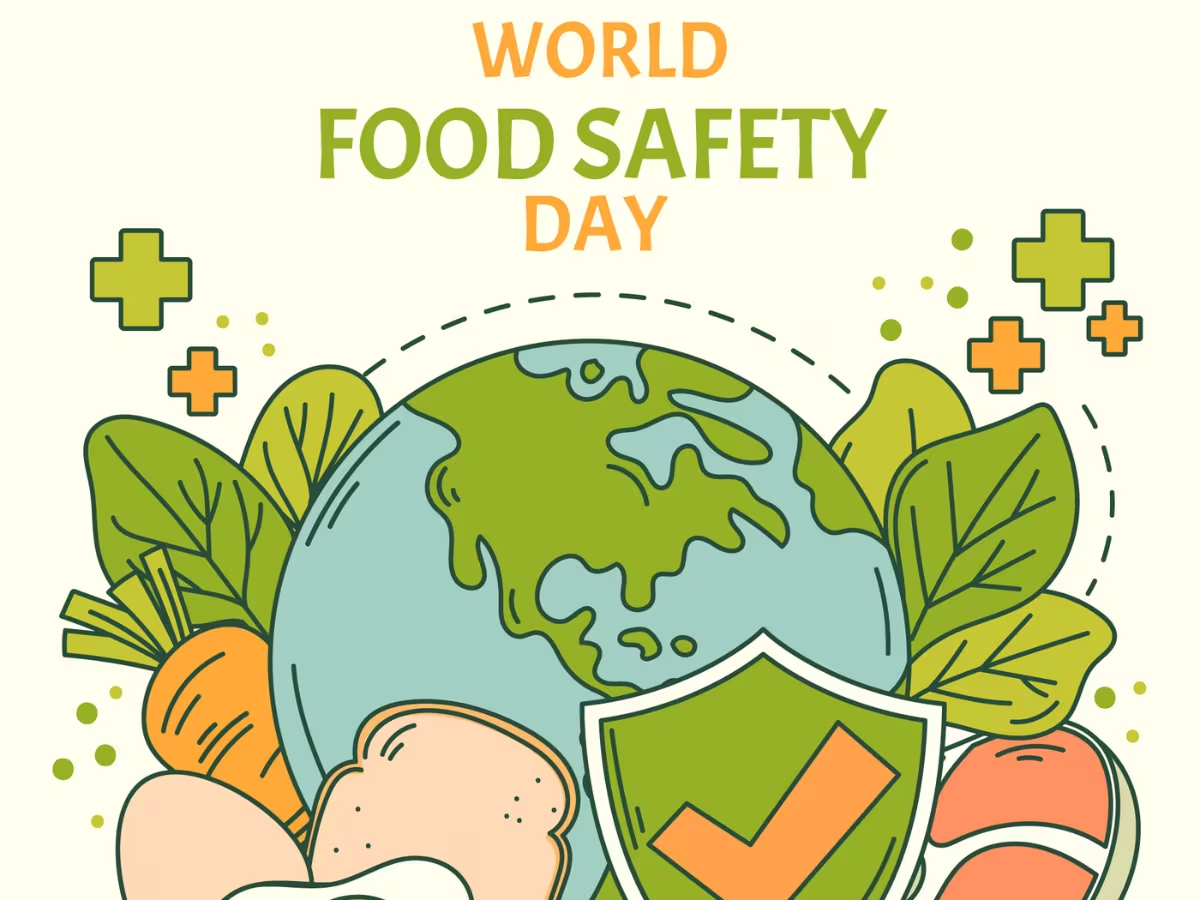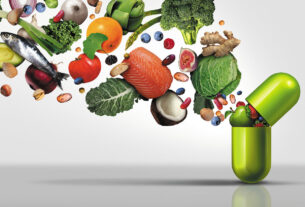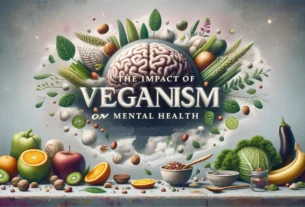Food safety is a critical issue that affects everyone, from consumers to producers to regulators. Ensuring the safety of our food supply is essential for protecting public health and preventing foodborne illnesses. While significant progress has been made in recent years, challenges remain in maintaining food safety standards and addressing emerging issues.
Government agencies, such as the Food and Drug Administration (FDA) and the United States Department of Agriculture (USDA), play a crucial role in regulating food safety. These agencies establish and enforce standards for food production, processing, and distribution to ensure that food is safe and wholesome.
The farm to fork approach emphasizes the importance of food safety at every stage of the food supply chain. From agricultural practices to processing, packaging, transportation, and storage, each step in the food chain must adhere to strict food safety standards to prevent contamination and ensure the integrity of the food supply.
Foodborne illnesses, caused by consuming contaminated food, are a significant public health concern. Preventing foodborne illnesses requires proper food handling, storage, and preparation practices. Consumers can reduce their risk of foodborne illness by washing hands and surfaces, separating raw meats from other foods, cooking foods to the correct temperature, and refrigerating perishable foods promptly.
Emerging issues, such as food fraud, foodborne pathogens, and environmental contaminants, pose new challenges to food safety. Advances in technology, such as blockchain and DNA testing, are being used to trace the origin of food products and detect contaminants more effectively. These technologies are helping to improve transparency and accountability in the food supply chain.
Consumer awareness and education play a crucial role in ensuring food safety. Understanding food labels, knowing how to properly handle and prepare food, and being aware of food recalls are essential for protecting oneself and one’s family from foodborne illnesses.
Food safety is a global issue that requires cooperation among countries to address effectively. International organizations, such as the World Health Organization (WHO) and the Food and Agriculture Organization (FAO), work to establish global food safety standards and guidelines to protect public health and facilitate international trade.
While progress has been made in improving food safety, continued vigilance is necessary to address new and emerging challenges. Research, innovation, and collaboration among stakeholders are key to ensuring the safety and integrity of our food supply.
In conclusion, food safety is a shared responsibility that requires cooperation among government agencies, industry stakeholders, and consumers. By working together to establish and enforce food safety standards, we can protect public health and ensure the integrity of our food supply for generations to come.



